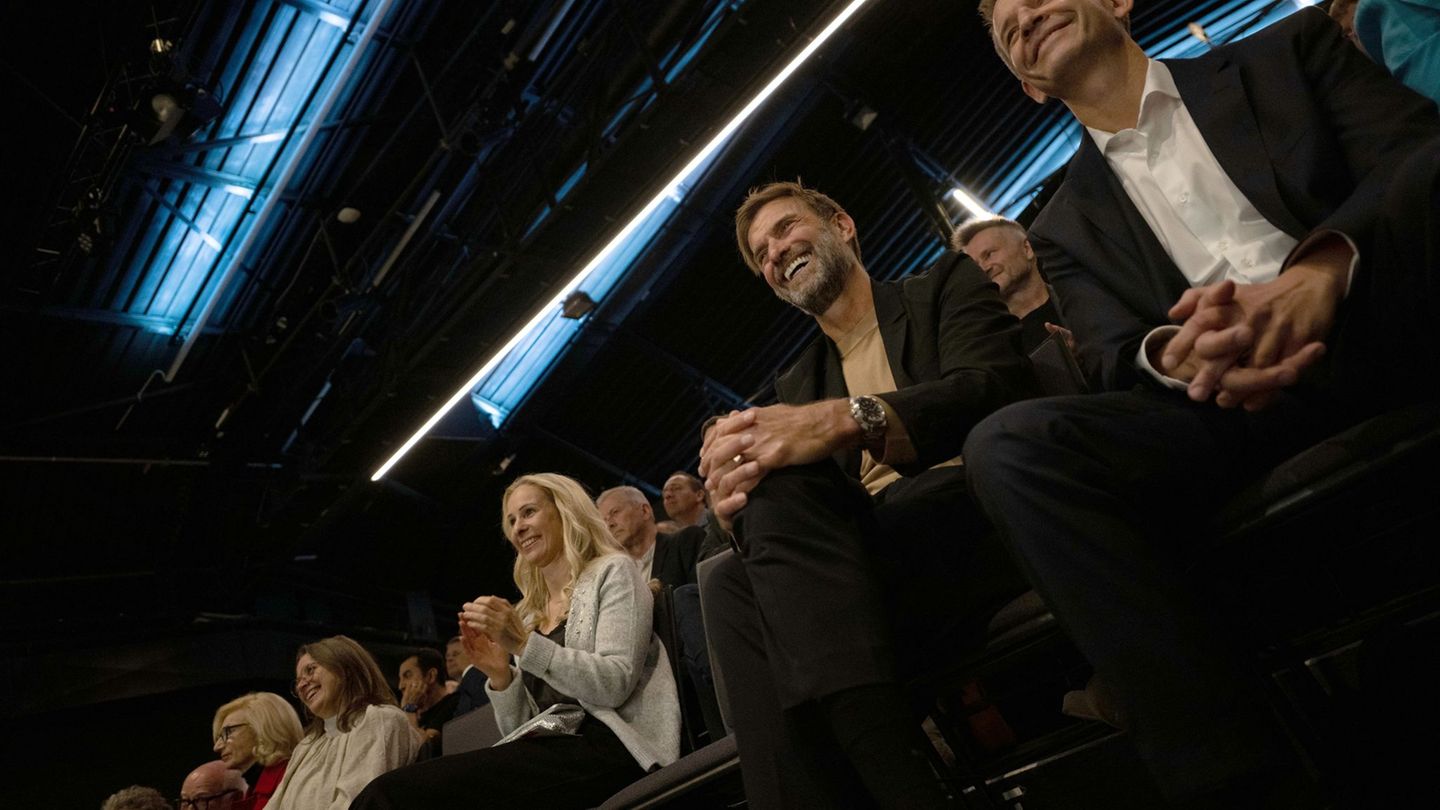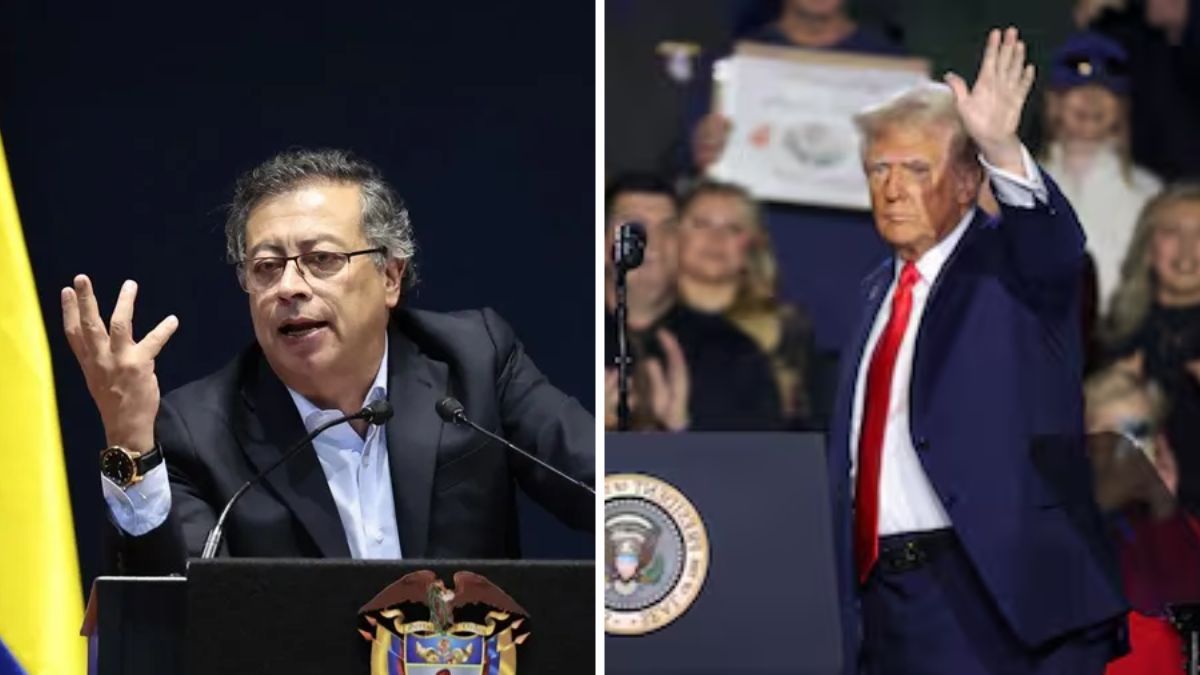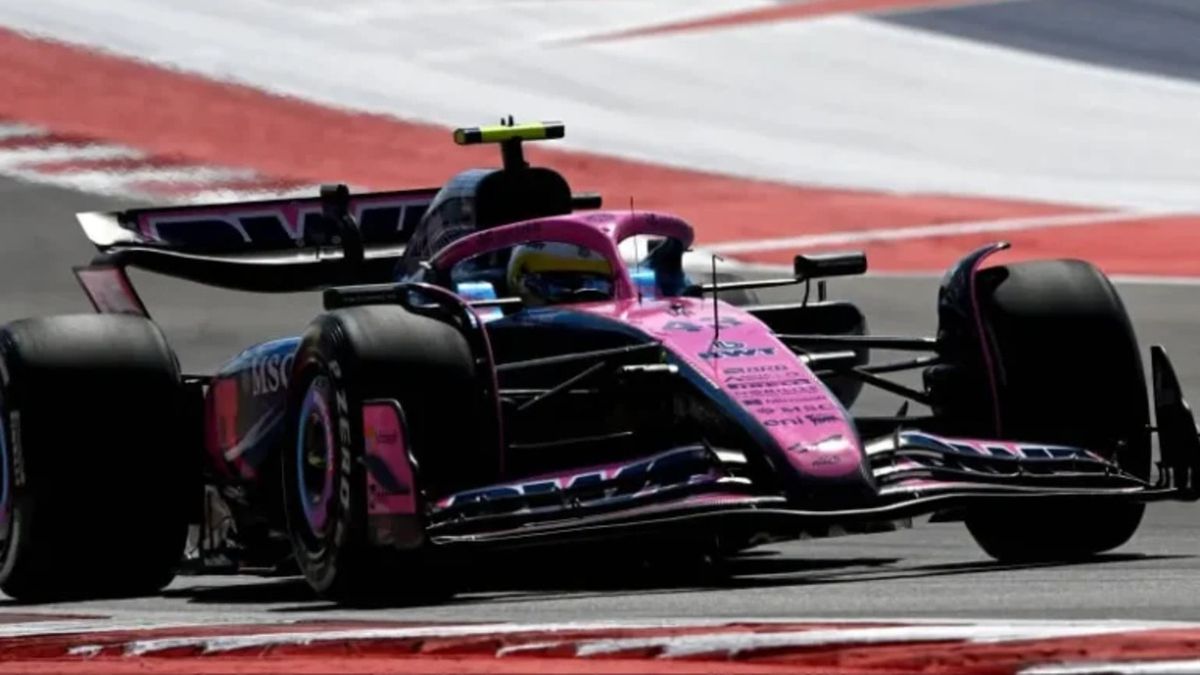The Berlin repeat election promises pure excitement. According to surveys, many political constellations seem possible. At the end of the election campaign, the parties are working hard again.
Shortly before the repeat elections for the Berlin House of Representatives, the parties once again mobilized all their strength on Friday to encourage themselves and convince the voters of their concepts. Because the election on Sunday, a good 16 months after the breakdown debacle in 2021, could change the political situation in the city.
The CDU federal chairman Friedrich Merz campaigned for a political change in Berlin, which had previously been governed by red-green-red. “If the polls are reasonably correct then we have every chance of being first on Sunday,” he said. There is even a chance to lead the next Senate with top candidate Kai Wegner.
Wegner himself said there was a mood of change. “The change is possible. But the race is still open,” said Wegner, referring to polls according to which his party is ahead, but at the same time the SPD, Greens and Left Party together still have a majority.
Sharp criticism from the left
At an event organized by her party, Bettina Jarasch, the top candidate for the Greens, emphasized that the Greens have a chance of forming a “progressive coalition” that she wants to lead. Foreign Minister Annalena Baerbock said the repeat election made it clear “what constitutes democracy, namely admitting mistakes.” Russia’s war against Ukraine in particular shows that every election is “always a celebration of freedom, peace and democracy.”
Left country leader Katina Schubert said at the end of her party’s election campaign that Berlin was facing a directional decision. CDU top candidate Wegner behaves “like the nice uncle”, but actually proclaims the “pure reaction for this city”. Only with the left in the Senate is there an extension of the 9-euro social ticket, the implementation of the referendum on the expropriation of large housing companies and further relief in the crisis.
AfD top candidate Kristin Brinker told dpa inquiry that her party’s “heart concerns” are issues such as internal security, housing, transport and migration. “We say very clearly that the open borders and the welfare state do not get along.” The goal of the AfD is a double-digit result on Sunday. “SPD, Greens and Left have run Berlin down,” said AfD national chairman Tino Chrupalla. No improvement can be expected from the CDU and FDP. Some counter-demonstrators gathered on the sidelines of the AfD meeting.
Lindner calls for “reform coalition”
FDP top candidate Sebastian Czaja said that strong Free Democrats are important for political change. Party leader and Federal Finance Minister Christian Lindner said: “In Berlin we have the opportunity to form a real reform coalition.” Nobody has to worry about the Union. “The decisive question will be whether this Union will manage to find coalition partners.” The FDP could do better than the 6 or 7 percent in the polls.
The Berlin SPD with top candidate and head of government Franziska Giffey did not plan such a campaign ending. The term is a bit misleading anyway. Because in practice, many politicians are still out and about in the city on Saturdays and campaign for votes.
The Berlin Constitutional Court had declared the election to the House of Representatives on September 26, 2021 invalid due to “serious systemic deficiencies” and numerous electoral errors and ordered a repetition. That has never happened before in Germany.
Will the CDU find a partner?
It is not clear who will determine the fortunes of Berlin in the future. The SPD, the Greens and the Left have governed together since 2016, and they renewed the coalition in December 2021. In the three polls published on Thursday, however, the CDU was ahead with 24 to 25 percent. The SPD came to 19 to 22 percent and thus ranked ahead of the Greens, who reached 17 or 18 percent in the polls. The left was 11 to 12 percent, the AfD 9 to 10 and the FDP 6 to 7 percent. In all surveys together, other parties accounted for 10 percent.
Mathematically, various alliances under the leadership of the CDU are therefore possible. That would be feasible in a three-way format with FDP and SPD or Greens, two polls also saw a majority for a two-way coalition of CDU and SPD. However, it remains to be seen whether CDU member Wegner will actually succeed in forging a coalition under his leadership if he wins the election.
SPD woman Giffey, who has been head of government since December 2021, did not commit to a coalition preference during the election campaign. On Friday she indicated the possibility of continuing the red-green-red regime even if the CDU wins the elections or forging another alliance beyond the Union. “If I have the choice of becoming governing mayor or making Mr. Wegner governor, I’ll take option 1. That’s clear,” said Giffey in an interview with “BZ” and “Bild”.
Source: Stern
I have been working in the news industry for over 6 years, first as a reporter and now as an editor. I have covered politics extensively, and my work has appeared in major newspapers and online news outlets around the world. In addition to my writing, I also contribute regularly to 24 Hours World.




